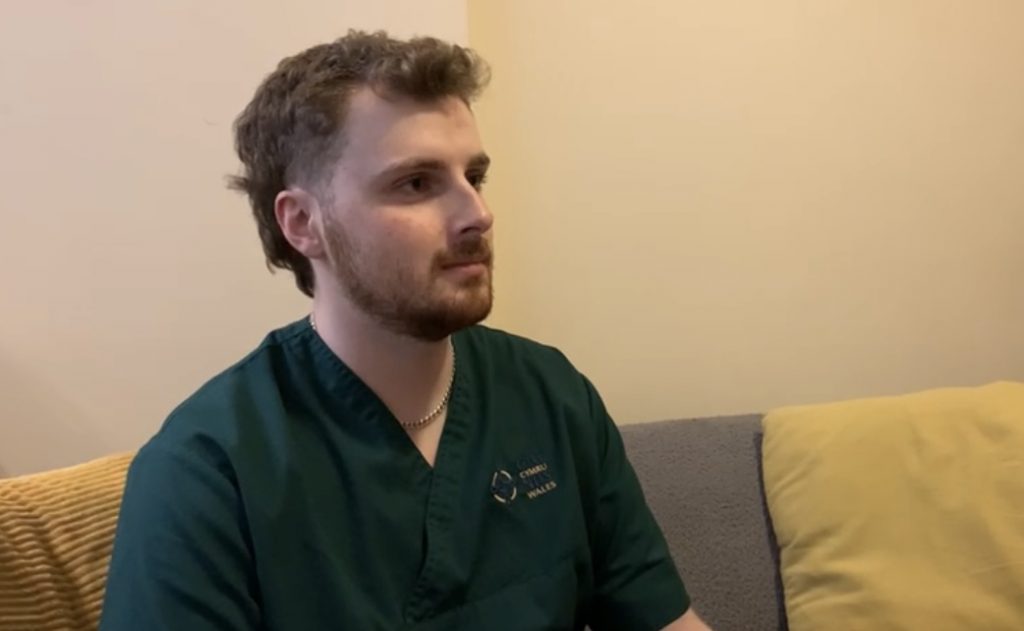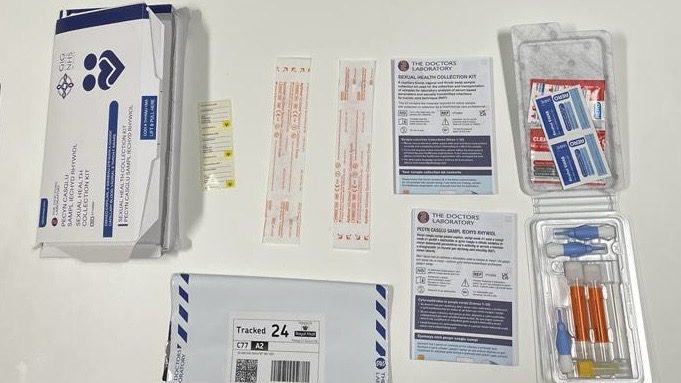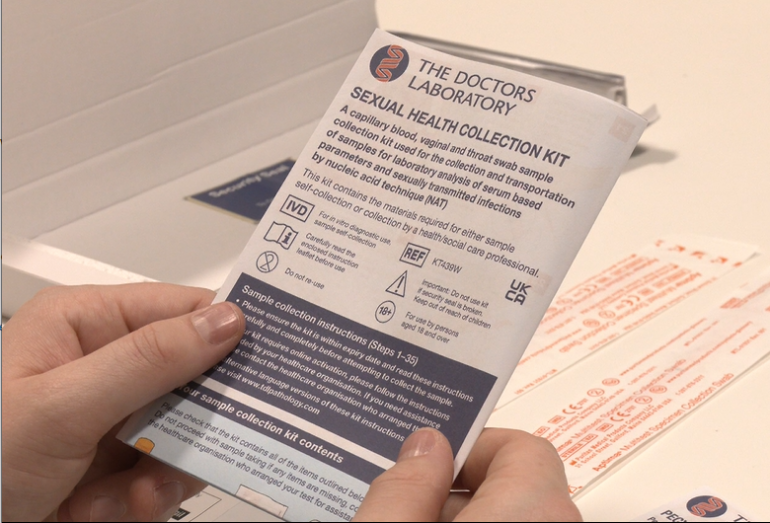Misinformation spread on online platforms along with a lack of education has led to an increase in sexually transmitted infections across Wales, according to experts.
Figures from ‘The Sexual Health Annual Report’ by Public Health Wales has revealed there has been a 22% increase in chlamydia cases and a 127% increase in gonorrhoea cases over the past year.
The majority of these cases were in the 15-24 age group.
Sexual Health Advisor at Cardiff’s Royal Infirmary Callum Neill told CJS News: “I think there’s a lot of misinformation in the media during that key stage of growing up in high school, it’s important to consider different sources and to teach the children and young adults how they can source the information.”

Public Health Wales provide anonymous testing kits as a part of their ‘Frisky Wales’ programme. The tests are designed to encourage young people to get tested without the stigma.
He said he often sees people come in with positive tests and do not fully understand their results. A common piece of misinformation is that antibiotics won’t treat certain infections or that the infection will recur after treatment, he added.

Cardiff University students have said that more needs to be done to tackle the misconceptions around sexual health. Abby Williams, a student at Cardiff University said “As someone who grew up in Wales I found the sexual health education absolutely appalling, I received none.”
When asked about the Frisky testing scheme, she said: “Frisky Wales is a great scheme but only if you know what it is. Not many people do. Unfortunately some people are too embarrassed.”
Sean McKevitt, another student at Cardiff University added that “We’re living in an age where misinformation is rife and as a gay person, sexuality is still spoken about with an element of criminalisation. We still feel so much shame when it comes to talking about it.”

In response to the ‘Sexual Health in Wales Annual Report’, a Senior Epidemiologist for Public Health Wales said: “Postal testing is a free and easy-to-use method, which means that individuals can quickly access treatment as required.”
Further information about symptoms and treatment can be found on the NHS’ Sexual Health Wales website.

